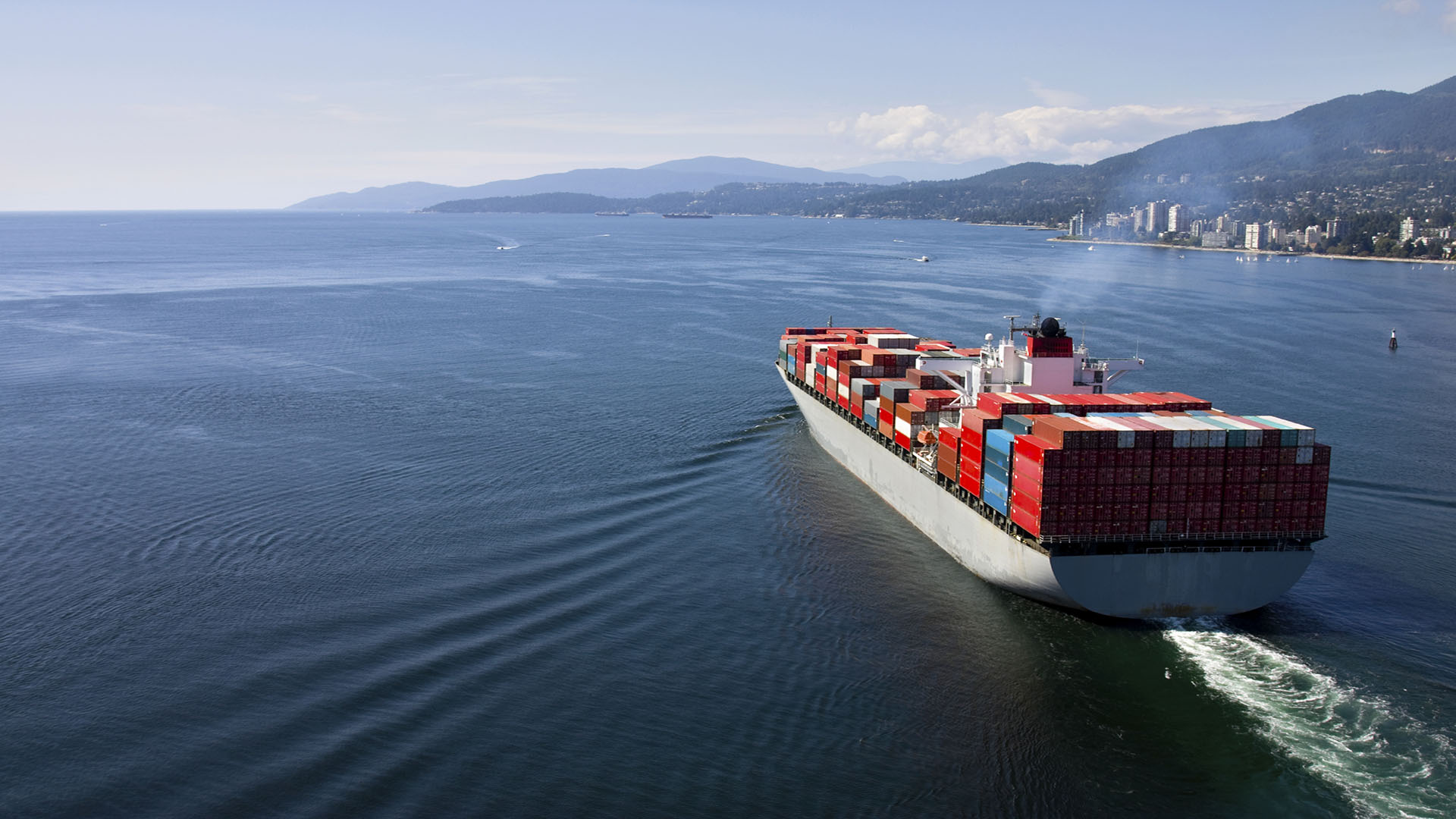
Guidance on Drug Smuggling: Insights from our Colombia Correspondent
Our correspondent from Colombia, A&A Multiprime, provided us with up-to-date guidance on drug smuggling in light of the growing number of vessel detentions linked to the discovery of drugs on board.
QUOTE
We have been actively monitoring the situation regarding concern about the increased claims related to vessel detentions due to the presence of drugs onboard. While our initial report (link to the full report below) covered the broader shifts in smuggling activities, there have been a few recent local developments that might provide additional insight:
- Advanced Drug Detection Techniques and Shipment Volume: Colombian authorities are continuously enhancing their drug detection methods at ports in an effort to curb drug smuggling. This includes the employment of advanced equipment and the deployment of highly trained canine units. Alongside this, conservative estimates predict that the volume of cocaine ready for shipment is expected to increase by at least 35% in 2023. The combination of these heightened detection capabilities and the surge in cocaine volume might significantly contribute to the increase in vessel detentions.
- Port Personnel’s Role: Recent investigations have identified instances where port personnel were directly involved or complicit in smuggling activities. Given this, it is becoming increasingly important for shipowners to oversee and supervise the loading and unloading processes diligently.
- Sophisticated Concealment Tactics: Smugglers are diversifying their methods. In addition to changing their routes, they are also innovating their tactics on vessels. There have been cases revealing ingenious concealment strategies, such as the creation of specialized compartments within containers or disguising drugs within legal cargo.
- DIMAR’s Stance: DIMAR’s (Highest maritime authority in the Country) recommendations emphasize the importance of promptly reporting security incidents. It should be highlighted that their increased scrutiny is also applicable to drug smuggling operations. This underscores the importance for shipowners to verify that their subcontractors, especially security firms, adhere strictly to local regulations.
- Emerging Hubs for Cocaine Transportation & Distribution: Dominican Republic, Venezuela, and Puerto Rico: There is a growing recognition of these Caribbean regions as pivotal hubs for the transportation and distribution of cocaine destined for North America and Europe. Originating mainly from Colombian ports, these drugs are often transported using vessels ranging from small ships to homemade submarines, making their detection quite challenging. Given this trend, Members should be particularly vigilant when operating in or near the Dominican Republic, Venezuela, and Puerto Rico.
To highlight the current situation to your Members, we recommend emphasizing enhanced vigilance during operations, particularly in Colombia. Additional steps like more frequent and comprehensive vessel inspections, improved crew training on drug detection, and closer monitoring of port operations can make a significant difference.
UNQUOTE
For more Loss Prevention information, please contact:
Joakim Enström, Loss Prevention Officer
E-mail: joakim.enstrom@swedishclub.com
Each month the Club’s Loss Prevention team issues a new safety scenario to assist members in their efforts to comply with international safety regulations and follow best practices.